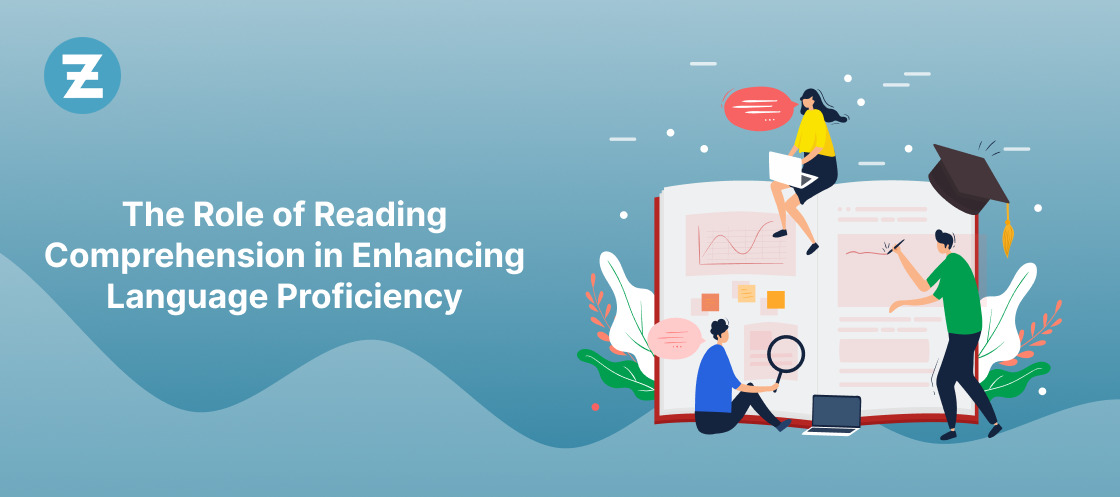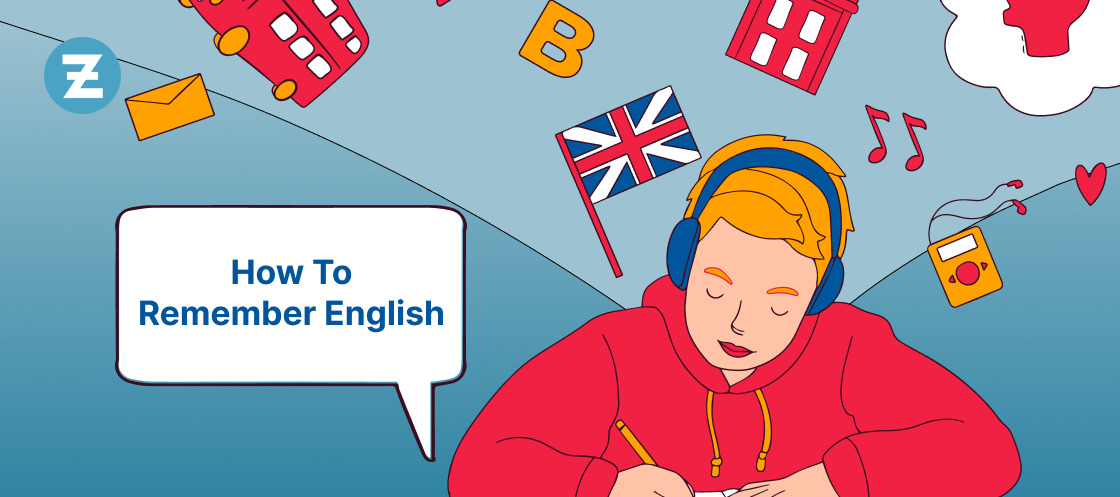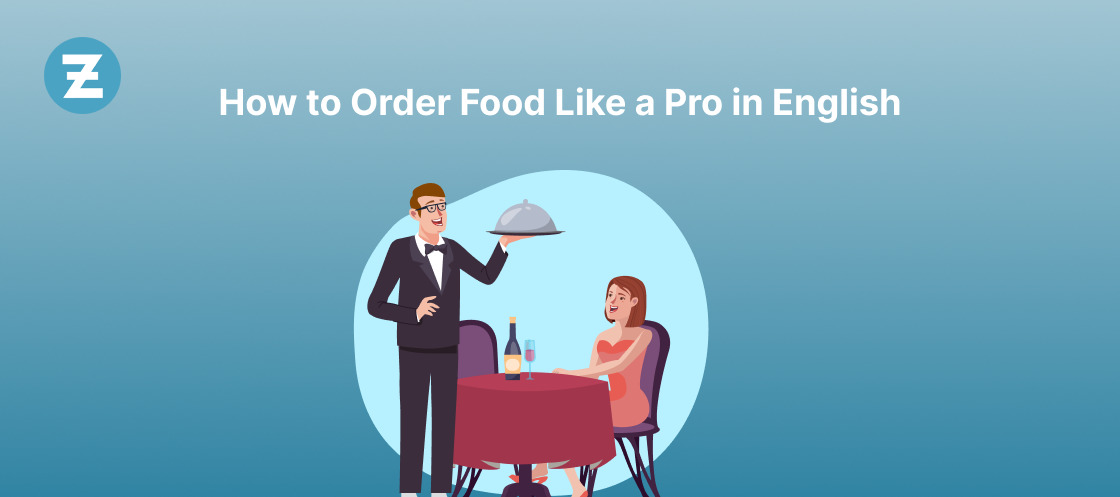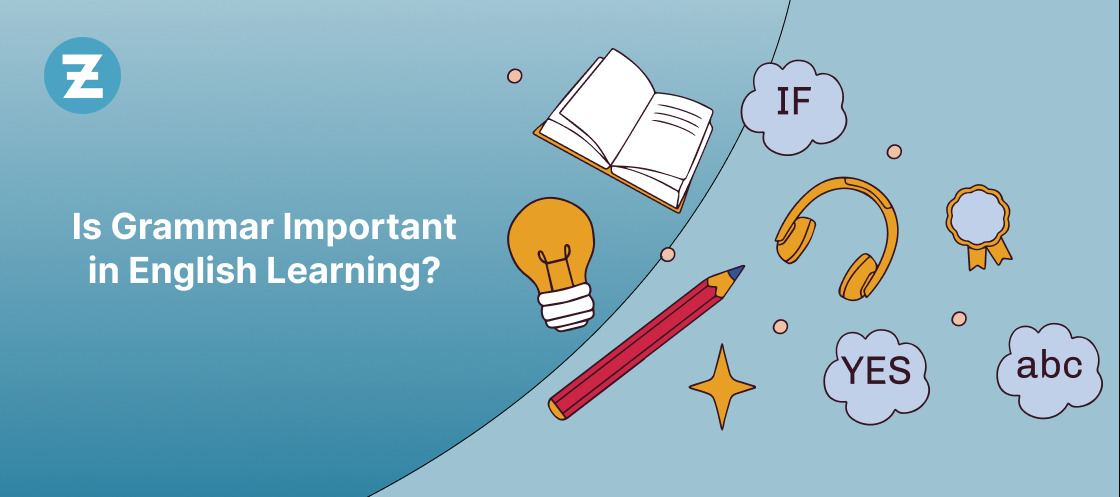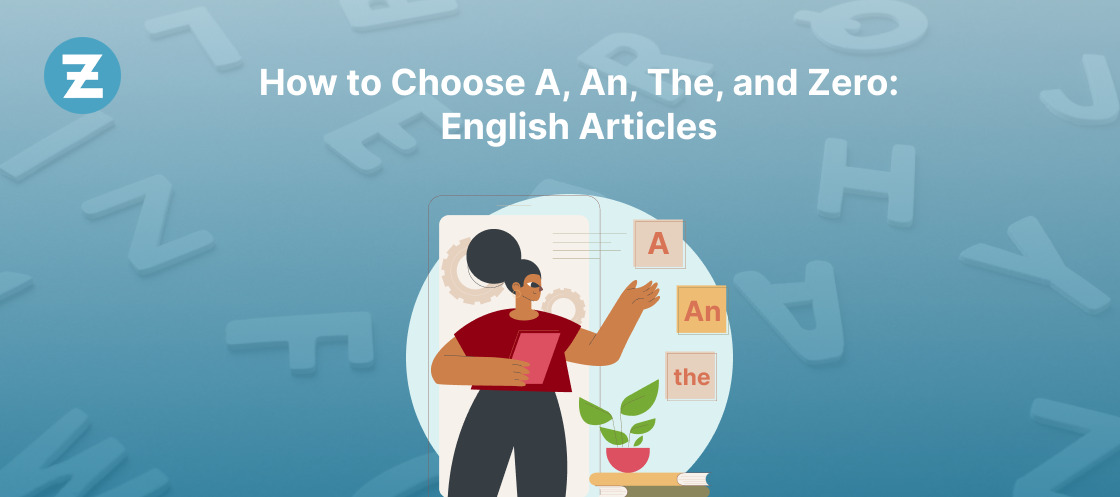Are you looking to quickly improve your English skills? Whether you’re a beginner or a more experienced speaker, there are ways to quickly and effectively upgrade your language skills. From simple phrases to more complicated grammar rules, mastering the English language can be an exciting and rewarding journey. In this blog, we will explore some key phrases that can help you immediately improve your English skills. Get ready to take your language abilities to the next level!
Hello, how are you?
Hello, how are you? This simple phrase is one of the most important to learn when starting with English. Not only is it a great way to start a conversation, but it also shows politeness and respect.
Plus, it’s also an excellent approach to start a conversation. Asking ‘how are you?’ is an excellent approach to communicate with the other individual. It shows that you are interested in getting to know them and want to start a conversation.
Nice to meet you.
Nice to meet you. It’s one of the basic English phrases that every beginner should learn and use. Whether you’re meeting someone for the first time, seeing them after a long absence, or even just saying hello to a friend, “Nice to meet you” is a polite and friendly way to greet someone.
“Nice to meet you” is a more formal way of greeting someone than simply saying “Hi” or “Hello.” This phrase is best used in situations where you are being introduced to someone for the first time. For example, if you are attending a business meeting or a social event and meeting new people, “Nice to meet you” would be an appropriate way to greet them.
What’s your name?
If you’re just starting to learn English, one of the most important phrases you can use is ‘What’s your name?’. With a friendly tone of voice, this phrase can be the key to making new friends and starting conversations in English. It’s a great way to introduce yourself and make a good first impression!
Can you help me, please?
Asking for help is a great way to show your humility and willingness to learn. You should use “Can you help me, please?” when you’re stuck and need assistance. Whether you’re having trouble understanding something or can’t figure out how to accomplish a specific task. This phrase conveys that you’re open to guidance and willing to receive it in a friendly manner.
I don’t understand.
“I don’t understand” is an English phrase commonly used when someone is confused and needs further explanation about a topic or situation. It’s a very useful phrase for beginners because it allows them to ask for help from someone speaking or writing in English.
For example, if a native English speaker is talking to someone learning the language and they don’t understand what is being said, they can say, “I don’t understand.”
Excuse me, could you repeat that?
As English learners, we often find ourselves in conversations where we are unfamiliar with the topic or the language used. When this happens, it can be easy to feel like missing out on something valuable everyone else understands. In such situations, it is important to be able to politely ask for clarification so that you can join in with the conversation. One of the most polite ways to do this is by saying, “Excuse me, could you repeat that?”.
This phrase is intended to show politeness and respect to the person speaking. It is also a gentle way of asking for something you don’t understand. This phrase is especially useful when the speaker has gone off on a tangent and you don’t understand what they mean.
Thank you very much.
Thank you very much is used when someone has given you something, done something for you, or provided some service.
For example, if someone gives you a gift or helps, you can say, “Thank you very much.” If a server provides excellent service, you can also express your appreciation with the same phrase. Similarly, if someone gives you a ride or helps you move, you can express your appreciation with a “Thank you very much.”
You’re welcome.
“You’re welcome” is a polite way of acknowledging a thank you and can be used in various situations.
When someone expresses gratitude, the most appropriate response is to say, “you’re welcome.” This should be said with a friendly and sincere tone of voice. Saying it with a smile will help convey that you appreciate the other person’s thanks.
Sorry, my English is not very good.
Making mistakes when learning a new language is normal, and even native English speakers make them. One thing you can do to ensure you don’t make too many mistakes is to say, “Sorry, my English is not very good” when you’re unsure about something.
This phrase is a great way to let the other person know that you are still learning the language and that you understand that you might make mistakes or not be able to explain yourself as well as a native speaker. It’s also a great way to show humility and ensure you don’t come across as arrogant or dismissive.
Where are you from?
The phrase ‘Where are you from?’ is a friendly way of asking someone where they are originally from. It is also a polite way to start a conversation with someone you don’t know well.
For example, if you meet someone at a party, you can start a conversation by asking them, “Where are you from?”. This is a simple but efficient method for learning more about the individual.
What do you like to do?
“What do you like to do?” is a great question to ask when getting to know someone because it can start a conversation and help you learn more about them.
Suppose you’ve recently met a new person and want to learn more about them. “What do you like to do?” you could ask. This question may disclose details about their hobbies, interests, and recreational activities.
Can you speak more slowly, please?
When learning a new language, one of the best English phrases for beginners is to ask someone to speak more slowly. Whether speaking with a native speaker or someone else learning the language, this phrase is a great way to ensure you understand what is being said.
“Can you speak more slowly, please?” is appropriate for a variety of scenarios. For example, if you have difficulty understanding a native speaker, asking them to slow down will help you process the information more easily. Similarly, if someone is speaking quickly in a second language, you can use this phrase to allow them to slow down and explain themselves more clearly.
What is your favorite food?
“What is your favourite food?” is one of the most used phrases. This simple question can be a great way to start a conversation and practice your English skills.
The phrase “What is your favorite food” is a polite, friendly way to ask someone about their favorite dish. This is a great question to ask someone when you’re getting to know them or if you’re looking for a conversation starter. It’s also a great way to learn about other cultures and cuisines.
How much does it cost?
When you’re shopping, you often need to know the price of an item before making a purchase. In this scenario, you’d ask that “How much does it cost?” to get the needed information. For example, if you’re shopping for a new pair of shoes, you might ask the store clerk, “How much does this pair of shoes cost?”
See you later!
“See you later” is a nice way to say goodbyes. It’s a phrase you can use when talking to someone you know and are familiar with, like a friend or family member. It’s a nice way to end the chat and let the other person know you enjoyed the conversation and will see them again shortly.
For example, if you’re talking to your friend on the phone and need to end the call, you could say, “See you later!
How was your day?
One of the most common English phrases for beginners is “How was your day?”
Because it is a polite and open-ended question, this statement is an excellent approach to begin a conversation with someone. It allows the other person to share their experiences, allowing you to show genuine interest in their day. This can be an effective way to start a conversation and build a relationship with someone.
For example, if you are talking to someone and haven’t seen them in a while, you could start the conversation by asking them, “How was your day?”
Can I have the bill, please?
When you finish a meal at a restaurant, asking for the final bill is polite. This is usually done at the end of the meal when everyone is finished eating. You can make this request in several ways, but the most polite way is to say, “Can I have the bill, please?” This is a polite way of informing the server that you have finished your meal and are ready to pay.
It is also typical to use this statement when you are done shopping in a store. If you have accumulated a few items, you may ask for the total bill before you pay. This is a polite way to let the store clerk know you are ready to purchase.
What is the weather like today?
When it comes to learning English as a beginner, one of the most common phrases to learn is “What is the weather like today?” This query will help you understand the current weather conditions where you are travelling or living.
“What is the weather today?” is a common question used to determine the current temperature and weather conditions. For instance, if you’re planning to go out, this is an inquiry to help you make the decision.
Excuse me.
To get someone’s attention, you can use the phrase “Excuse me.” This phrase is polite and respectful and is a great way to politely grab someone’s attention without shouting or being aggressive. For example, If you’re in a crowded room and require someone’s attention, say “Excuse me” gently and respectfully.
Another way to use the phrase “Excuse me” is to apologize for interrupting someone. If you need to interrupt a conversation, it is polite to apologize beforehand with the phrase “Excuse me.” For example, if you walk into the middle of a conversation, you can say, “Excuse me, I need to ask you a question.”
May I ask a question?
Using “May I ask a question?” is a great way to politely participate in a group discussion. This phrase shows that you are interested in the conversation and want to contribute. It is a sign of respect and can help you gain insight by asking an informed question. It is also useful in other situations such as meetings or talking with another person. When used in the right context,this can be a great way to start a productive dialogue.
Final Thoughts
So, these are some of the best phrases to immediately improve English Skills. By practicing and using them in your daily conversations, you can see your English skills improve quickly. Language improvement apps can also help you polish your English even further. You can quickly become an expert English speaker with the right phrases and resources.



